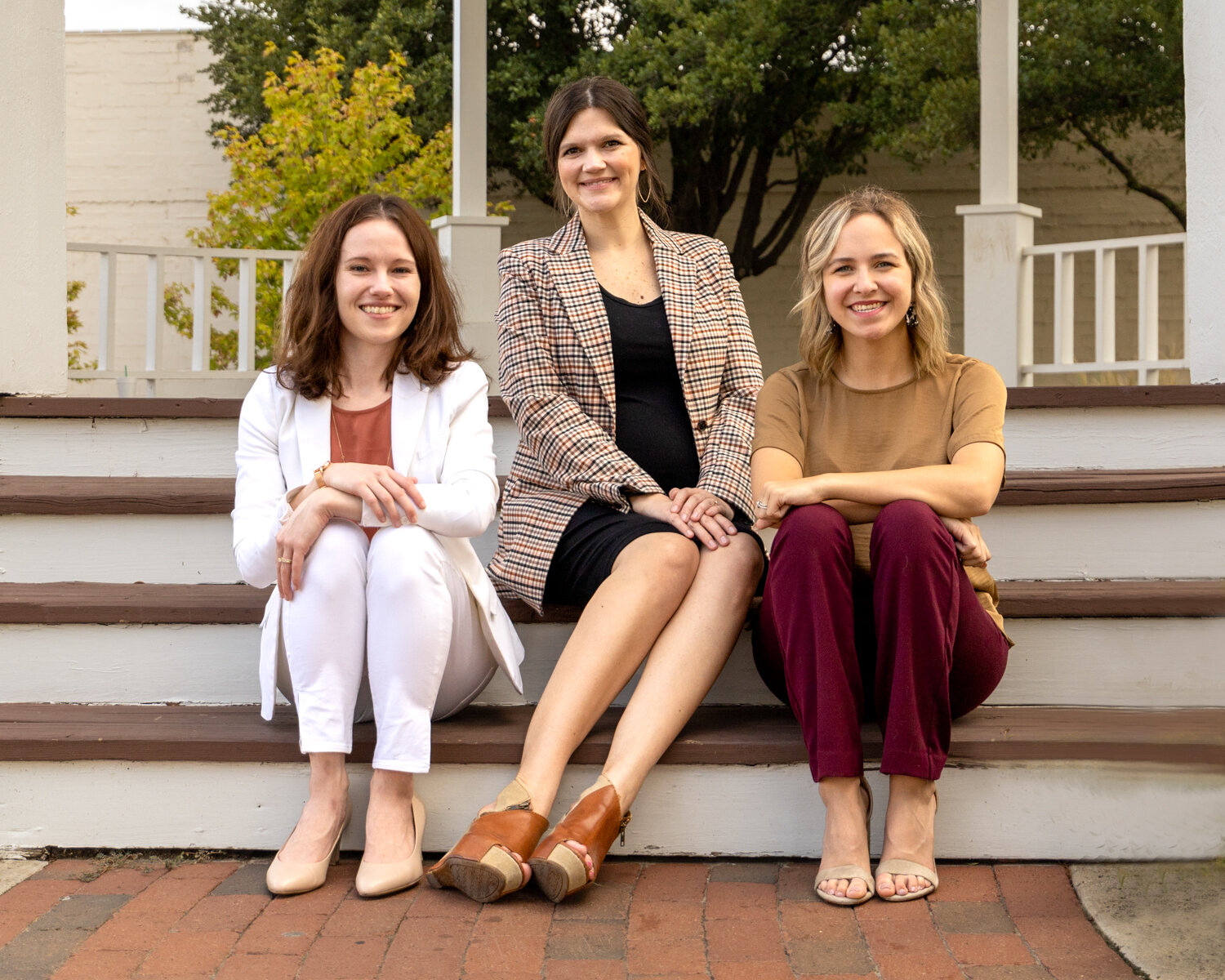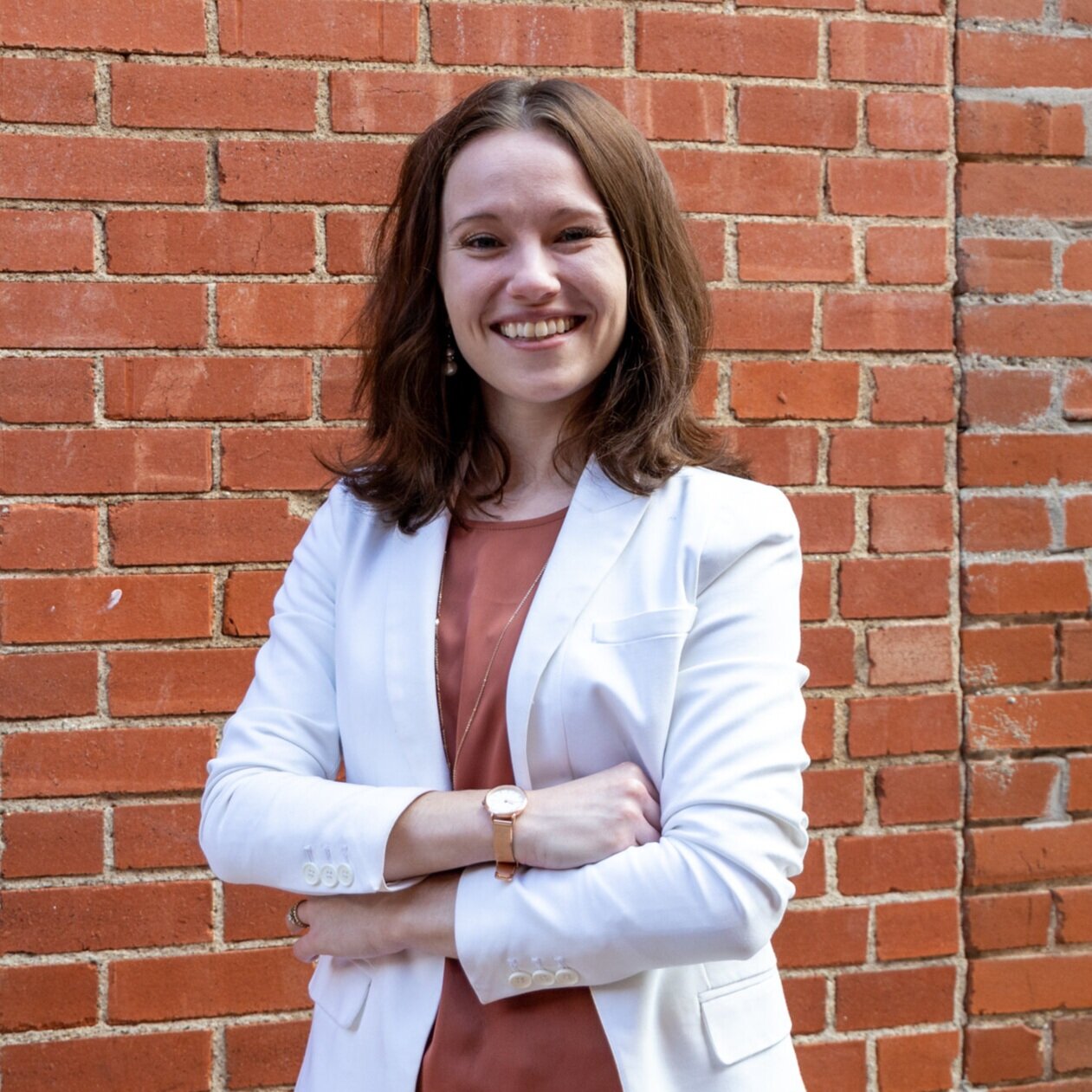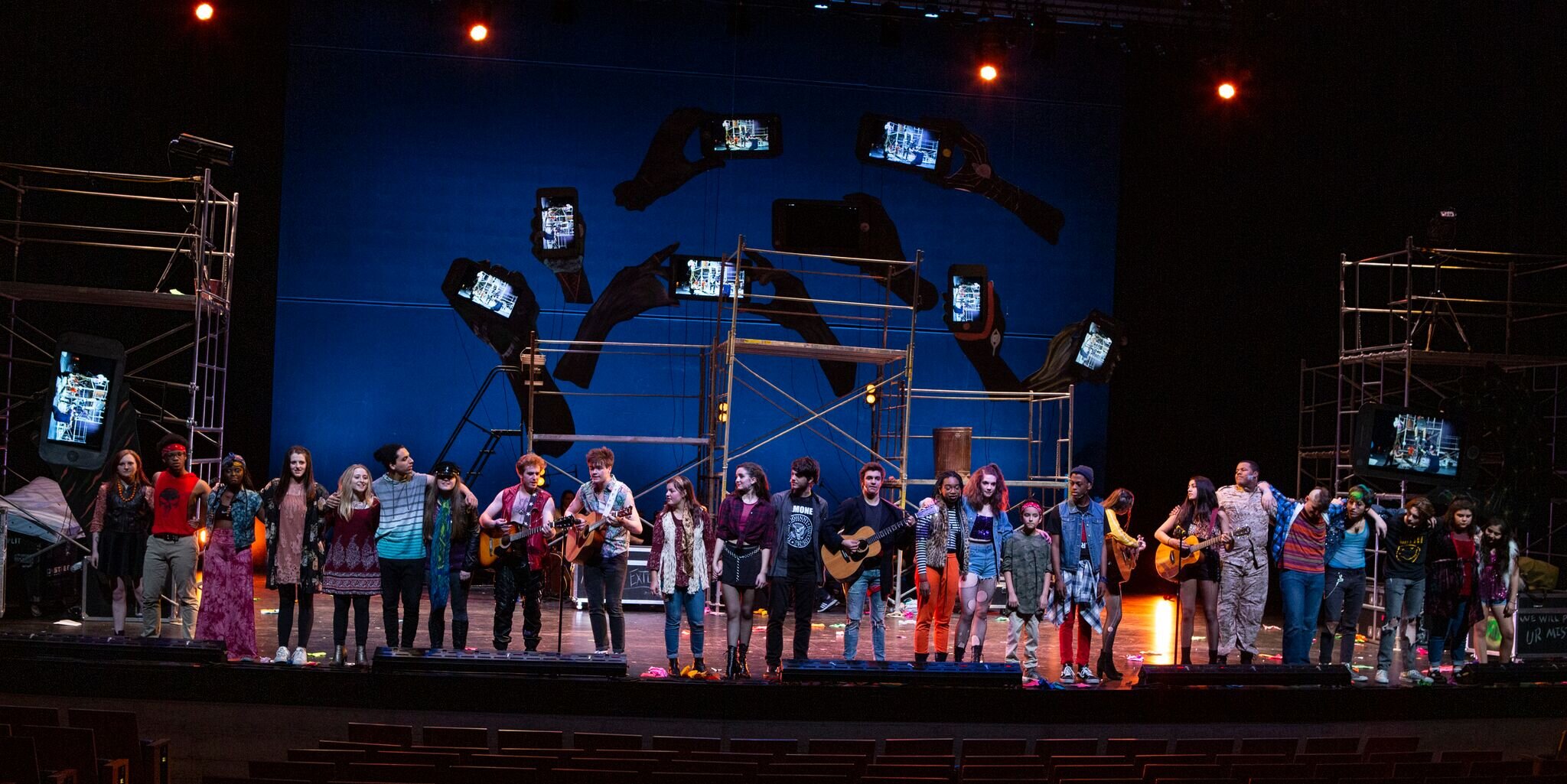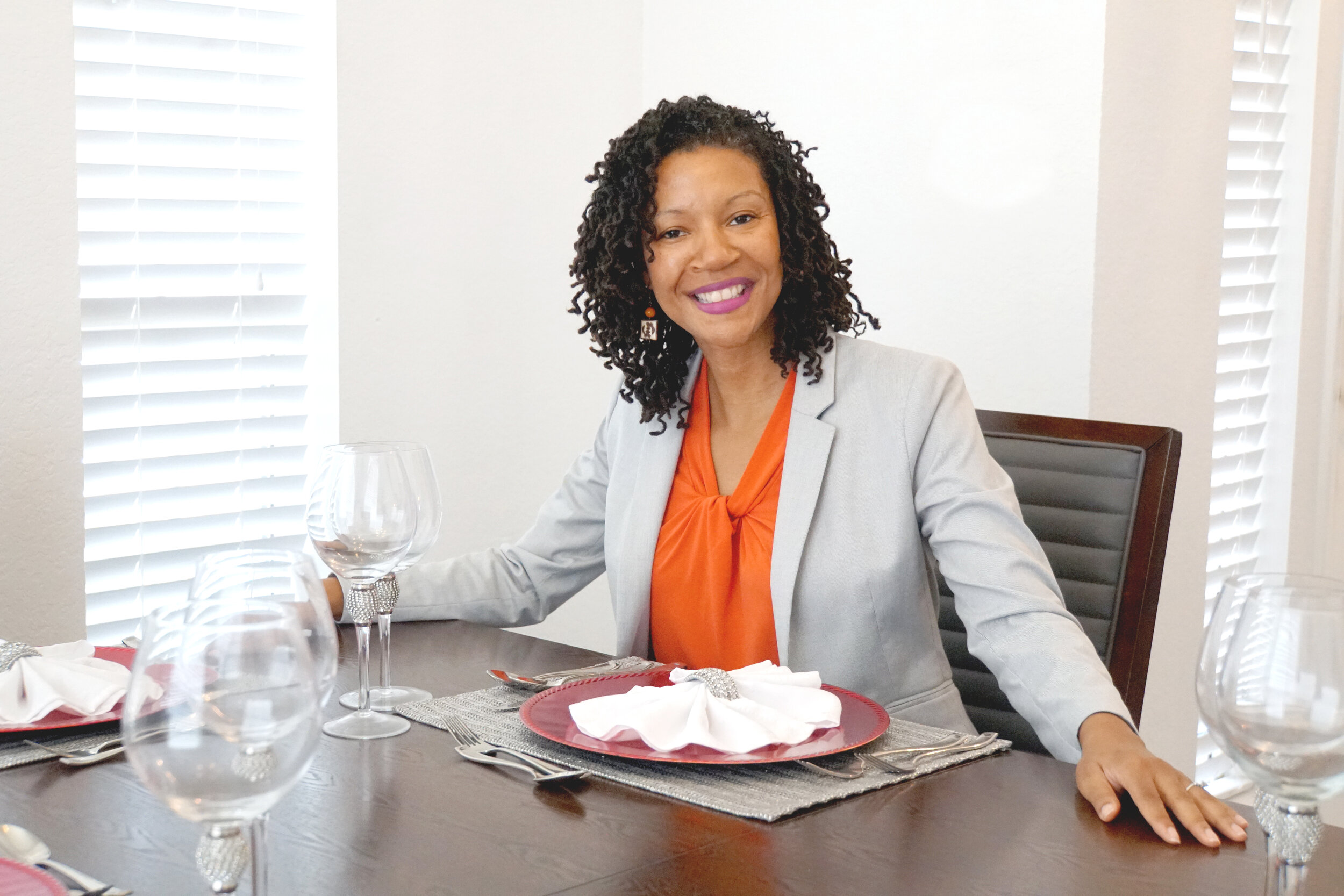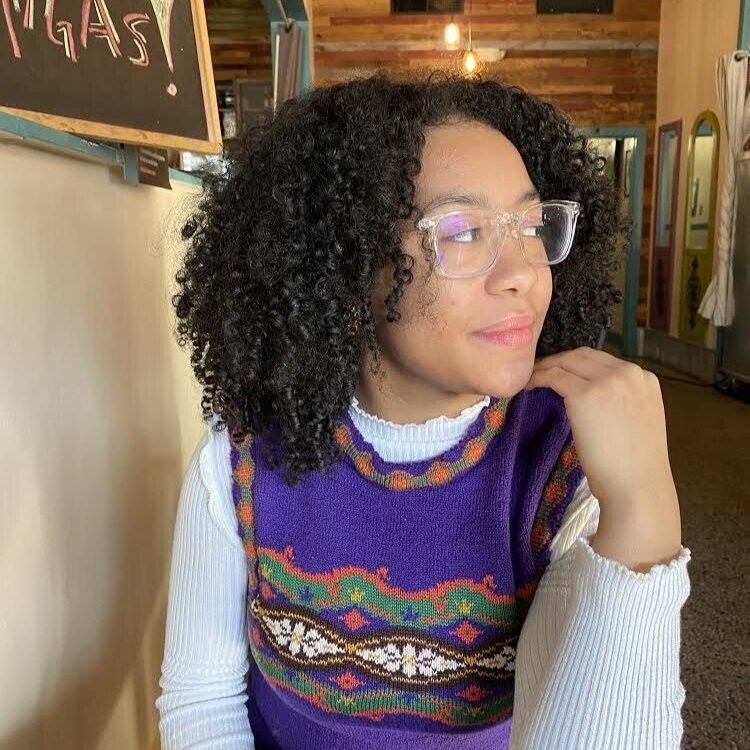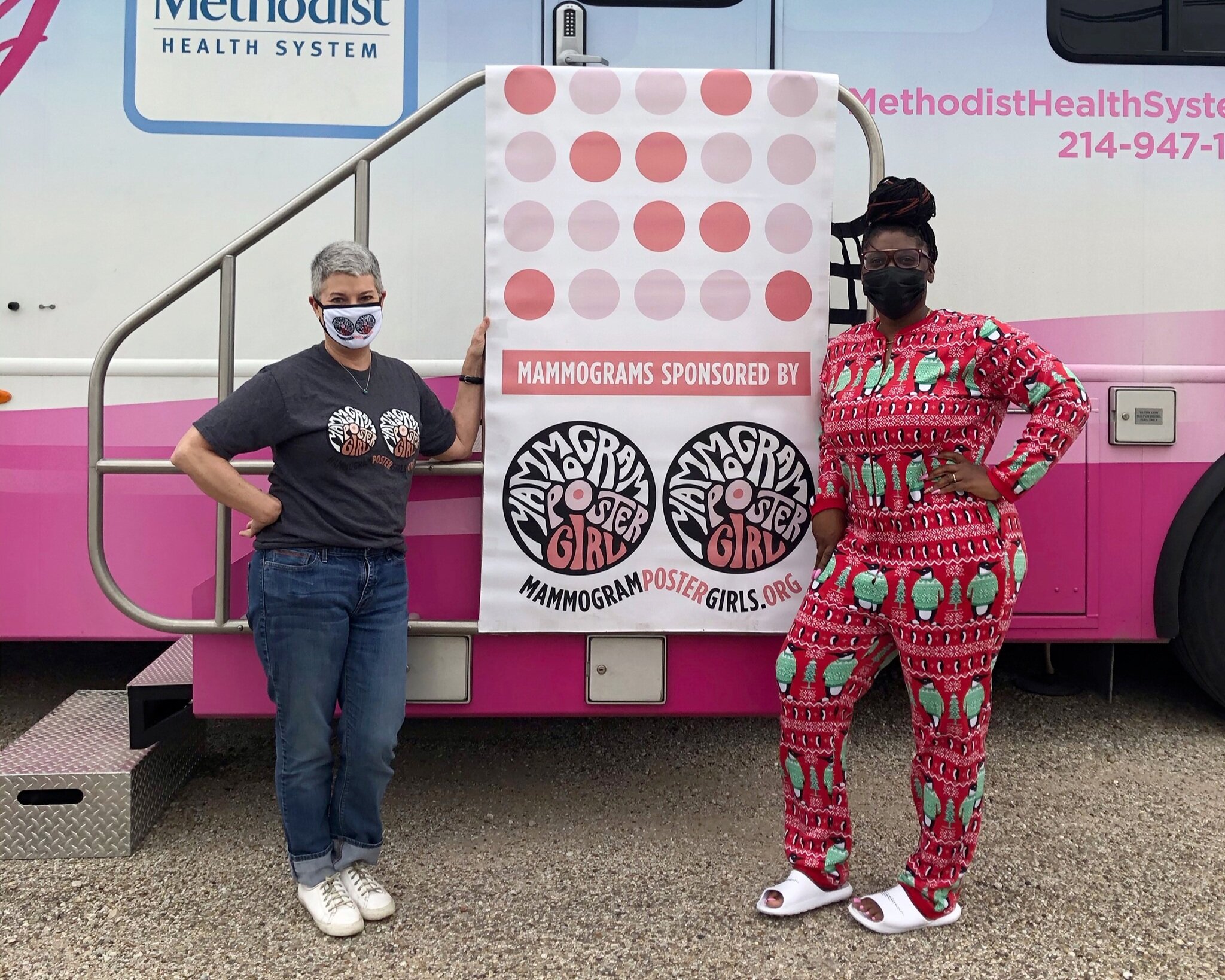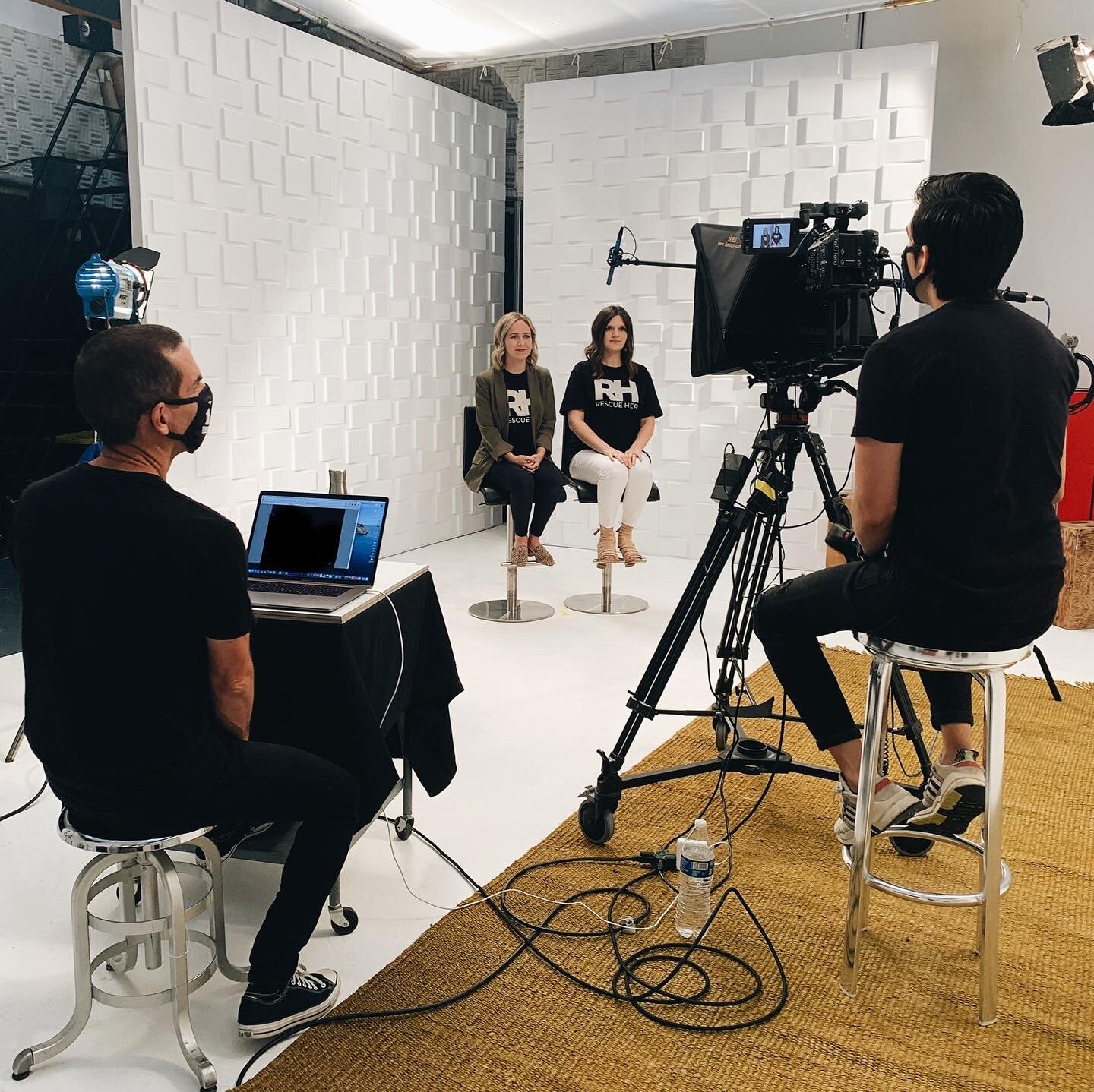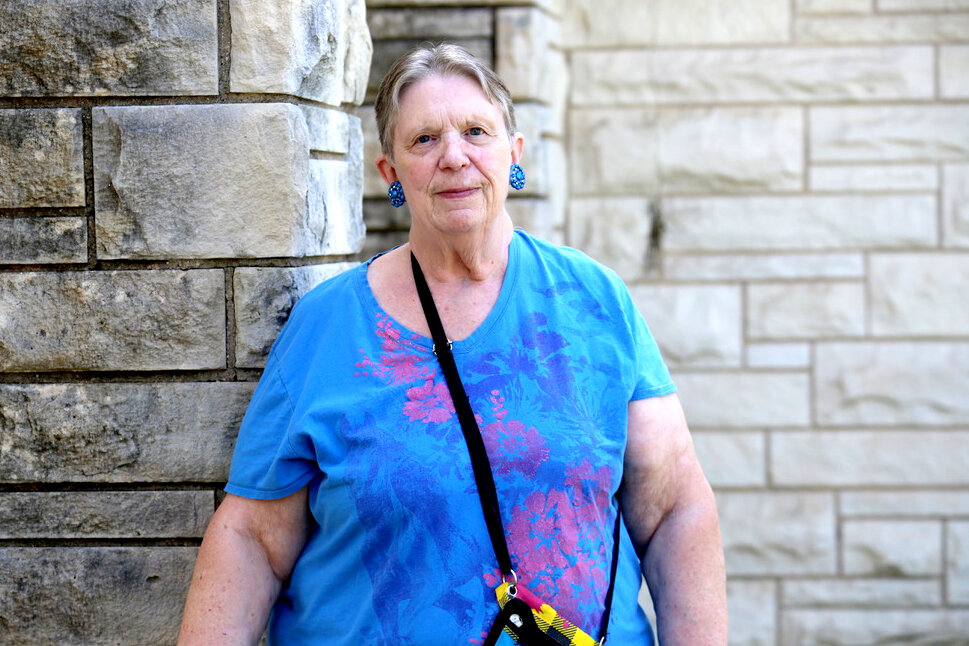Story and photos by Meredith Piper Embry.
When the patrol car pulled up next to her, Alexa was frightened that she would be arrested for prostitution. Her trafficker was watching from a safe distance as Alexa talked to the police officers, but the officers knew what was happening. They asked if she needed help. She did, but the fear of her trafficker was weighing Alexa down. The solution? The officers pretended to arrest her and took her to the station. “They said they knew people who could help me start a new life,” Alexa said. The detective then called Rescue Her, and an Advocate from their team hit the road, traveling to the station armed with a caring heart, options for wellness and safety, and a Hope Kit of essential items.
Alexa was taken to a safe house, whose location is a closely guarded secret out of necessity, knowing that traffickers will go to great lengths to recover their victims. And like many victims of sex-trafficking, Alexa left care and returned to another trafficking relationship, but when she called the Rescue Her team again, they welcomed her with open arms.
Alexa is safe now, but many other women are not. Rescue Her is on a mission to empower survivors of trafficking to live in freedom.
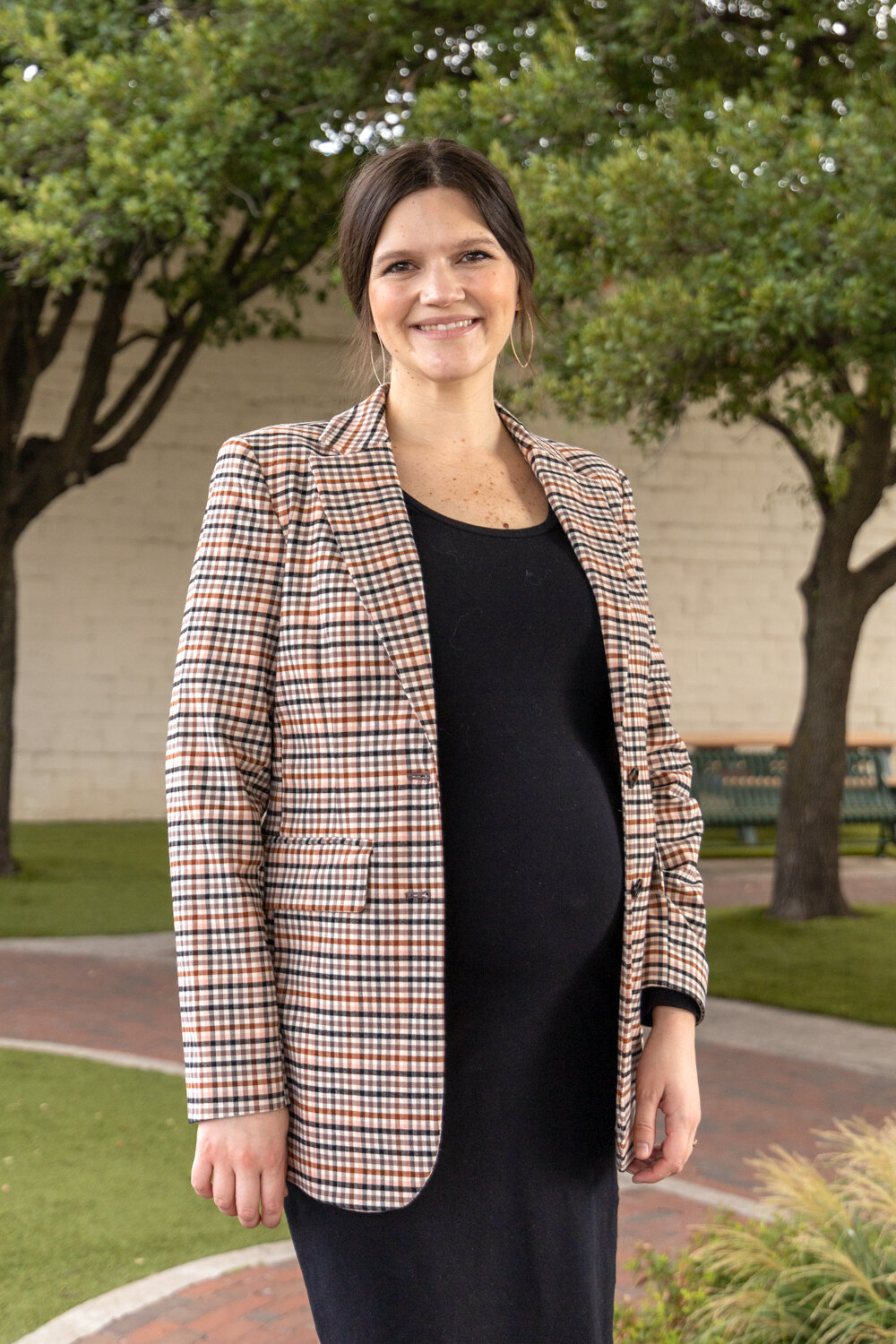
Sarah Phillips, Director of Rescue Her
Sarah Phillips, Director of Rescue Her, is a woman with a mission. While studying at Texas Tech earning a degree in Community, Family, & Addiction Services, Sarah worked on a project about prostitution and sex trafficking. She learned that human trafficking wasn’t just an international problem that only happened in other countries, but that it occurs here in our own communities. She began interning with Rescue Her almost eight years ago. After interning for six months, she was hired to open a safe home for trafficked youth in Chennai, India, as part of the organization’s international efforts to combat human trafficking. Upon returning to the United States, Sarah worked as an Advocate for the organization and took on the Director role earlier this year.
Trafficking exists simply because of supply and demand. The financial vulnerability of a community/family is what leads to people no longer being viewed as people, but rather a commodity. Poverty is a type of vulnerability and sets the stage for a trafficker to make his or her way into a person’s life.
Traffickers are very intentional about how they approach a victim and what they say in order to exploit them. Many victims are just wanting a change of circumstances and an opportunity for a better life. Traffickers paint a picture of how they can meet a person’s needs and then do it well, at least for a little while so that the victim starts to think that she can trust them and depend upon them.
L to R: Kelly Shajari, Victim Advocate, Sarah Phillips, Director, Courtney Heathcock, Local Outreach Coordinator and Victim Advocate
“Grooming” is a term used in the anti-trafficking field. “A trafficker will be intentional and take time to understand a victim’s vulnerabilities and understand their needs. How to meet these needs and then spend time meeting them well, because the more trust they have with the victim, the more leverage they have to exploit and manipulate them,” Sarah explains. “Understanding that relational bond is very important for our staff because we can’t expect that a victim will automatically leave exploitation once she has the opportunity.. There is still that relational bond. We have to acknowledge that and be intentional and realistic as to how long it will take us to build a relationship with that survivor. Look what happened to them the last time they trusted someone.”
Sarah did not come to this kind of work easily. She never could have imagined that she would be fighting for people’s lives in such a prominent way. Faith was her solid point, the steel in the spine and the gravity that held her feet to the ground. “My faith is why I do what I do.” Sarah learned through the example of her parents who were naturally inclusive of other people and created opportunities to serve alongside them in different ways. Sarah learned to acknowledge “a person’s worth and inherent dignity and developed the eyes to recognize injustice when someone’s inherent worth wasn’t being upheld or honored or respected.”
Fortunately, the Dallas/Fort Worth area now has multiple organizations set up to help children and teenagers who have been snared into the sex industry. With the increase in public awareness, the focus has led to the creation of more nonprofits that focus on this particular population. However, what happens to those children and teenagers when they become adults become adults and want help leaving exploitation? That is where Rescue Her comes into play. The need for services for adult survivors of the sex industry is immense.
Rescue Her is the only organization outside of Tarrant County providing 24/7 crisis response services specifically for adult survivors of trafficking. Most of the women they help have recently left exploitive situations (typically within the past 72 hours), or are trying to leave. Their 24-hour hotline receives calls from local law enforcement, the Department of Homeland Security, the National Trafficking Hotline, area hospitals, concerned individuals, and victims themselves. And when that call comes in they move immediately.
Kelly Shajari, Victim Advocate
Courtney Heathcock, Local Outreach Coordinator and Victim Advocate
The Advocates head out to wherever the victim is—police station, hospital—with a “Hope Kit” of necessary items for the victim: personal hygiene items, clothes, and emotionally supportive items like coloring books, journals, and pencils and pens. Once the victims are in the program they receive long-term advocacy services for legal issues, help with living independently (including housing, transportation, and financial support), community involvement, and maintaining health and a safe living environment.
Importantly, Rescue Her’s services do not have a cut-off point. “Some survivors in our program have been with us for years; others have just left exploitation as recently as a month ago,” explains Sarah. Some Brave Ones stay with the program for years, even participating virtually after they have moved out of the DFW area, or even the state. “Our goal is to educate communities on the truth of what trafficking is, what it looks like in their community, and their role in the long-term safety and restoration of survivors. Because trafficking can happen in ANY community, it is vital that ALL communities be equipped with this basic knowledge,” Sarah says.
“We have worked quite a bit with motel owners and staff since trafficking often occurs at motels and we provide special training with hotel owners and staff about how to identify sex trafficking and what to do when they suspect it,” explains Sarah. “Many often just don’t know who to contact (other than the police) and what to do. No one wants to get in trouble. There is a lot of education involved in intervention.” In fact, the majority of the focus of Rescue Her in the beginning was on providing this education and guidance to the biggest hotspots of sex trafficking: motels. The expansion and focus to victims of trafficking grew out of an organic need in the community as a result of the 24/7 crisis hotline created for motel staff and guests.
The Rescue Her crisis hotline begins when a responder analyzes the caller’s needs, assesses immediate needs such as safety concerns, medical attention, housing, and food. Once the client is out of immediate danger, then the team assesses long-term needs. “Trust,” Sarah says, “is the big issue. They trusted someone and were betrayed. How do you trust anyone again? It takes a long time.”
When a person calls the hotline, Advocates at Rescue Her first assess immediate and emergency needs and then figure out what the caller views as her immediate need which, Sarah notes, is not always what we might think it would be. For example, while the caller may acknowledge that she is still being exploited, she may not be ready to make the transition yet and instead doesn’t know where her next meal will come from. Rescue Her provides that need without making it contingent upon anything else. “We say ‘yes’ we can meet this need, which is a good opportunity to build trust,” says Sarah. “It shows that we are listening to them. That they are going to have a choice in how we respond to them.”
Because of the years of exploitation, trafficking victims have a wide range of needs. The role of Rescue Her is to first make sure that the woman has a safe place to stay. Once that need is met, Advocates look at and make sure that all of their needs are being looked at comprehensively, filling in gaps. One of the greatest services of Rescue Her is the ability to follow the survivors from place to place. “It is very normal for the women we work with to live in several different places. We are able to provide some consistency to a very fluid situation. Consistent connectivity between all of the places.”
Advocates work with the women for extended periods of time, and assist them with needs over time to help coordinate benefits and additional support and long term care is a collaboration with multiple fantastic organizations in the area.
It is the building of that trust over time, as well as through actions, that helps victims learn how to value themselves and see their worth. Sarah explained that one of the things they hear over and over from survivors is their feeling of being safe with the Rescue Her Advocates, which may be a new feeling. A woman who they have been working with for a little over a year was exploited for 20 years. Sarah explains that the woman recently told her that she just now feels safe. “She told me, ‘I have never felt like I was enough, anywhere. Not at church or in my family, with friends—with anyone, but with you guys I feel enough.’ And that’s big for us because that is what we want—for someone to feel like they can be themselves and have the freedom to do so.”
The first step toward supporting the mission of Rescue Her is to read and share factual information with others. The Rescue Her team will be hosting an orientation at the end of September where you can learn more about the opportunities available.
This is the fifth year that Rescue Her has participated in North Texas Giving Day. Their team is hosting a virtual event starting at 7pm on September 17, taking viewers around the city virtually to motels, massage parlors, and other locations where sex trafficking occurs every single day to show what it realistically looks like in the Dallas metroplex, how they respond and what their services look like in response to that need.
For more information, or to make a donation visit rescueher.org.
Featured
Meredith is a writer and photographer specializing in creating art portraiture. She lives in Richardson with her husband, two girls, two dogs, and eight chickens, where you’ll find her making connections with others and creating ways to highlight what makes each person unique.
More North Texas Giving Day Stories
Featured
The State Fair of Texas celebrates all things Texan. While most of us love a good corn dog and spending the day with Big Tex, most do not know about the mission-driven initiatives of The State Fair of Texas. The Big Tex Scholarship Program was established in 1992. Scholarships totaling more than 13.9 million have been awarded to 2,700 students. Proceeds also help preserve and improve Fair Park’s museums and community initiatives.
Hispanic Heritage Month begins in mid-September, and what better way to celebrate than to give to a Latinx-led organization? North Texas Giving Day, an online giving event for nonprofits, happens to fall during Hispanic Heritage Month so we have gathered our favorite Latinx-led nonprofit’s giving pages. Leaders like Olga Martinez of Bachman Lake Together, and Florencia Velasco of the Concilio, represent communities they serve and contribute to building a more equitable Dallas. Our city is now majority Hispanic but we still have room to grow as we support Latinx led nonprofits. Check out the list below to learn more and give.
Dionne Kirby experienced the realities of racism on her first day of Kindergarten. The place where she was expected to learn, not only academically, but also socially, was immediately tinged with exclusion, starting with a conflict in the cafeteria line. But decades later, Dionne is leading the effort to create a safe place for conversations around race, with a meal at the very center.
For our feature on Dallas nonprofit #TeenWritersProject, it seemed fitting that we hear directly from one of the teen writers involved! Kendall begins this story, and delmetria (lowercase intended), her mentor, and Founding Director of #TeenWritersProject follows with her own perspective on helping teens find their voice, find their platform, and find their purpose.
Early Giving for the 13th annual North Texas Giving Day kicks off this week, so we reached out to Sheri Mathis, Founder and President of Mammogram Poster Girls to talk about what her organization is doing to create a successful Giving Day campaign and how other Dallas-area nonprofits can meet their Giving Day Goals.
Founded in 2017, the Mammogram Poster Girls’ “Pink” fundraisers have raised over $425,000 to date—and all proceeds raised fund early detection initiatives, and mammograms for those in need. Proceeds raised to date have helped more than 700 women (and men) afford breast screening mammograms, diagnostic mammograms, ultrasounds, and biopsy procedures at the Breast Health Center at Methodist Charlton.
According to Google, the top two tips for using Facebook Live are to 1) have a strong connection and 2) engage your audience. The first tip relates to wifi connection, but for the nonprofit organization, Rescue Her, strong connection in the Dallas community is what led to successful Giving Day last year. Using video production and Facebook Live, the Rescue Her team was able to bring their supporters right into the middle of the cause, even in the middle of a pandemic.
Leading up to North Texas Giving Day, Dallas Doing Good is checking in with some of our favorite nonprofit pros and asking for their help to make the most of our Texas-sized giving event. Today we hear from SparkFarm, a team that has worked hand in hand with Communities Foundation of Texas to make NTxGD a success, connecting with media outlets to share a great story.
The staff and volunteers at My Possibilities are nothing if not passionate. They work with Hugely Important People (HIPsters!) who have intellectual and developmental disabilities to create life skills, vocational skills, and independent living. For North Texas Giving Day, they are once again gearing up to share about their programs, and maybe throw a party or two.
Martha is the president of the Pleasant Grove Food Pantry. She also served as a member of the steering committee which led to the pantry’s formation in 2010. For Martha, coordinating volunteers and managing the logistics of regular food distribution is a calling deeply rooted in her family’s legacy of community service. Her maternal grandmother, she says, is her inspiration. “She was always giving—she made sure that everyone had enough food to eat.”
Rescue Her is the only organization outside of Tarrant County providing 24/7 crisis response services specifically for adult survivors of trafficking. Most of the women they help have recently left exploitive situations (typically within the past 72 hours), or are trying to leave. Their 24-hour hotline receives calls from local law enforcement, the Department of Homeland Security, the National Trafficking Hotline, area hospitals, concerned individuals, and victims themselves. And when that call comes in they move immediately to provide the practical and emotional support needed for survival and a fresh start.
